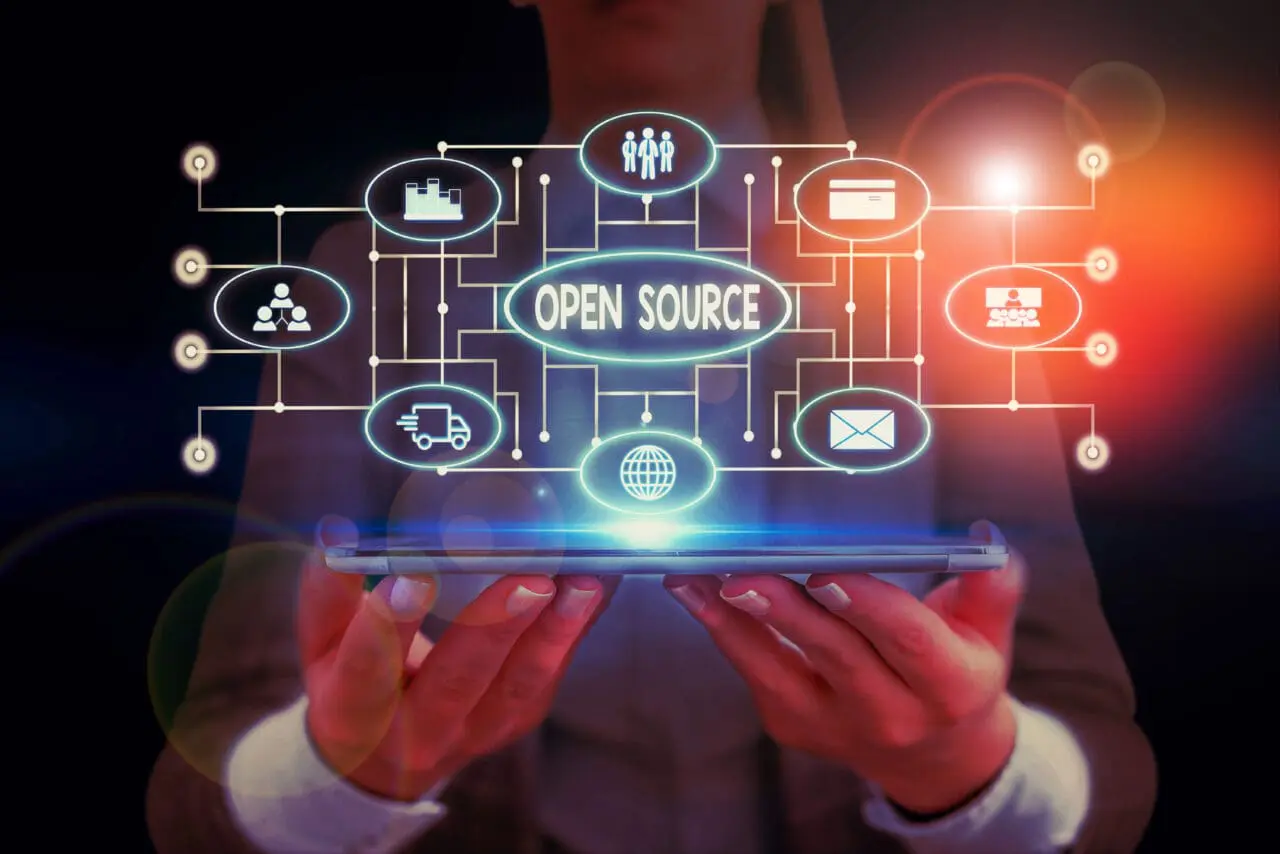

The GNU General Public License (GPL) is a free software license created by the Free Software Foundation that allows for the modification and redistribution of software. It grants users the right to copy, modify, distribute, and make available source code without any charges. This licence is designed to protect users from companies who would otherwise use proprietary licenses to restrict what can be done with their software. GPL ensures that businesses using open-source software have the same rights as those who create it.
The Right to Repair movement concerns itself with making sure consumers are allowed access to the tools necessary in order to repair their own electronic products, rather than having to send them away or buy a new item.
The GPL is inextricably linked with the right to repair movement as it enables independent repair shops and other third parties the ability to make modifications and repairs necessary on behalf of customers without needing direct permission from the company that produces the product. The GPL ensures companies can’t restrict access to parts, tools, firmware, software, or updates needed for repairs. For example, printer manufacturers are legally prevented from stopping users from accessing replacement ink cartridges.
Businesses must take certain steps when releasing their software under GPL; these include making source code available for download so it can be modified by anyone who wishes to do so. Companies must also state the terms of the GPL and provide any necessary copyright licences.
When businesses use software that is governed by GPL, they are required to meet certain obligations, such as making sure all derivative works are licensed under the same licence; this means if a company modifies existing open-source software, then it must make sure any new versions are also released under GPL. Additionally, companies using code from other organisations need to include their own copyright notices and information about changes or additions they have made.
With so many important business-products which are essential tools for organisations now having an open source software element to them, providing the source code with the product is an important obligation that enables users to exercise their right to repair. Not providing the source code can seriously affect the businesses of users by stopping them from using vital work tools and lead to increased costs, waste, and environmental harm as products are scrapped that could otherwise be repaired.
For companies that don’t provide the source code for products (or withhold it), this could lead to legal consequences and damage to their reputation within the open-source community. Depending on your viewpoint (and any impacts to guarantees/warranties aside), it could be argued that it is in the interest of businesses to keep a free and open system where users are given all the tools they need (i.e. the code as well as the products) to enable them to make modifications where they see fit and exercise their right to repair.
The GNU General Public License (GPL) is an important part of protecting users’ rights when it comes to open-source software, ensuring they can freely modify and redistribute code without restrictions. It is also an important component of the Right to Repair movement, as it prevents companies from restricting access to parts and repair tools necessary for consumers to make their own repairs. Businesses that use GPL-licensed software are required to adhere to certain obligations such as making source code available and providing copyright licences with any derivative works they produce. In this way, GPL has great potential in helping businesses protect their rights while ensuring users have the freedom they need when it comes to open-source software.
This website uses cookies to improve your experience. Choose what you're happy with.
Required for the site to function and can't be switched off.
Help us improve the website. Turn on if you agree.
Used for ads and personalisation. Turn on if you agree.
This website uses cookies to improve your experience. Choose what you're happy with.
Required for the site to function and can't be switched off.
Help us improve the website. Turn on if you agree.
Used for ads and personalisation. Turn on if you agree.